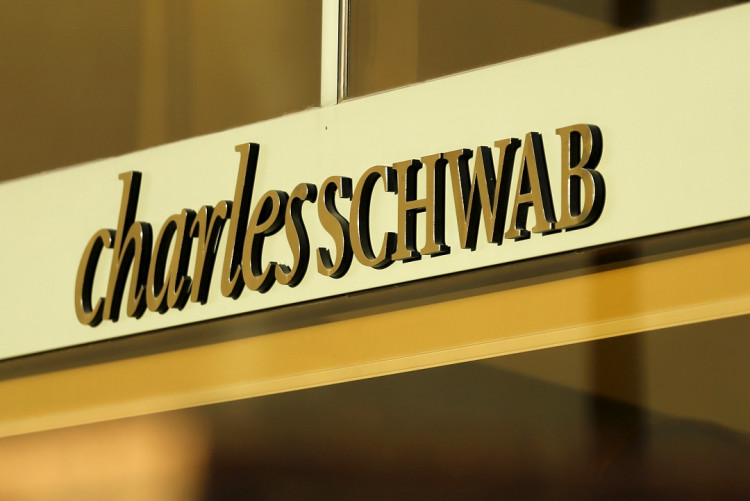The United States' largest discount broker, Charles Schwab Corp, is reportedly now in talks with its rival TD Ameritrade for a possible acquisition. According to a report published on Thursday, the two brokers are apparently trying to work together to better compete with new startups that are placing a lot of pressure on older players in the industry as it shifts to a zero commission business model.
Reports citing sources close to the talks have revealed that the value of the merger could be somewhere around $26 billion. Charles Schwab's acquisition of TD Ameritrade at that value would roughly translate to an 18 percent premium on Ameritrade's current market capitalization.
Following news of the acquisition talks, both companies saw their respective shares surge this week. Charles Schwab's shares had surged by more than 7.4 percent to $48.03 at closing on Thursday. Meanwhile, TD Ameritrade saw its shares rise by 16 percent to $48.38 on the same day.
With the rise of online trading platforms and new players in the space, added pressure has been placed on more traditional trading firms in recent years. The majority of the startups that have entered the industry have greatly undermined the usual fees charged for stock trades.
These so-called disruptors in the industry include California-based trading platform Robinhood and Menlo Park. Both companies have gained a lot of traction in the past years due to the fact that they have completely eliminated collecting stock trading commissions.
The zero commission business model introduced by the startups has forced companies such as Charles Schwab to do the same. Last month, Schwab announced that it would halt collections of commission for its online trading of stocks, ETFs, and options. Companies such as Fidelity Investments, TD Ameritrade, and E-Trade Financial Corp immediately followed suit.
The decision to remove commissions has caused some concern as the companies effectively now earn less from their trading activities. The recent interest rate cuts by the US Federal Reserve has also exacerbated the situation as the companies now earn less from the balances of their investing customers.
Analysts have stated that the decision to merge is likely a strategy to leverage scale in an effort to compete with the new startups. A merger between both companies will likely result in substantial cost synergies, which could offset profit losses from the removal of commissions.
Both companies are reportedly still in preliminary discussions and it is not yet known if the deal will push through. It also has to be noted that creating such a large entity would likely attract the scrutiny of antitrust regulators.





